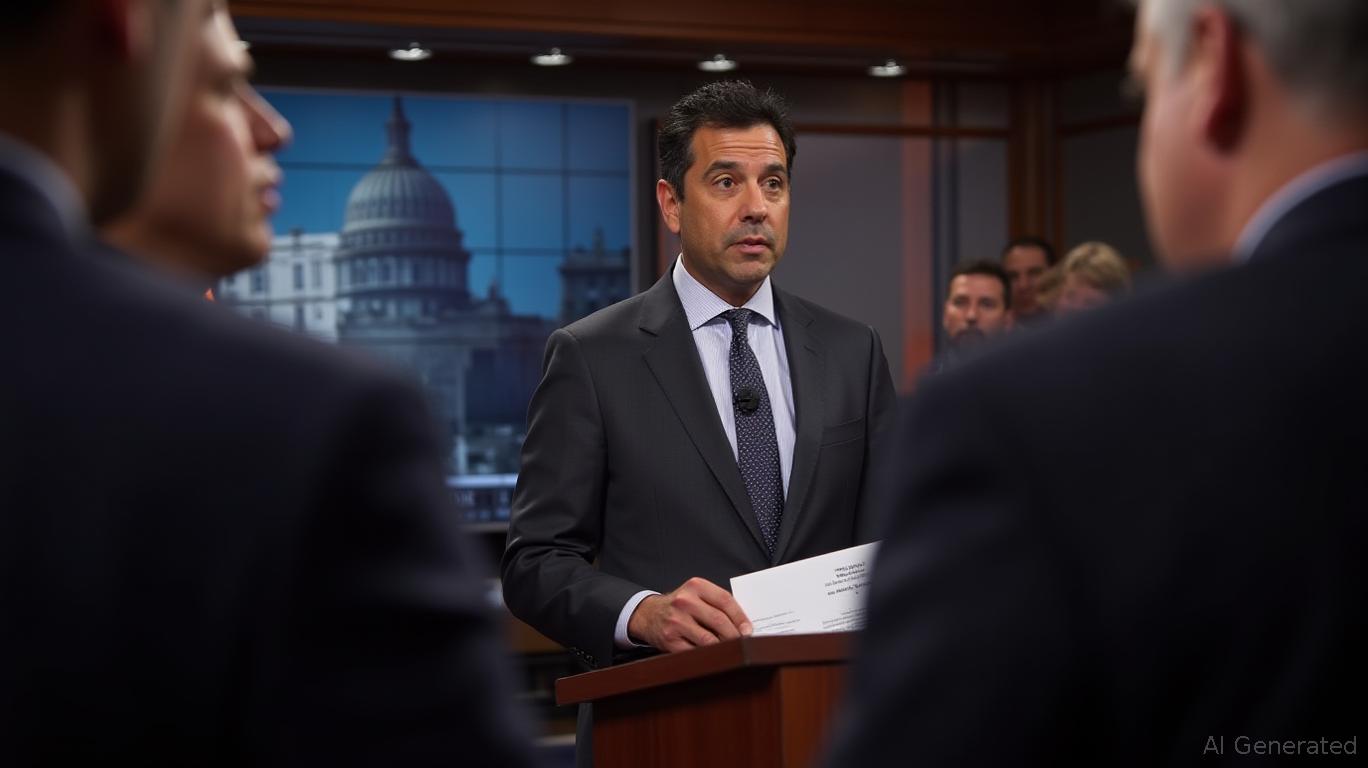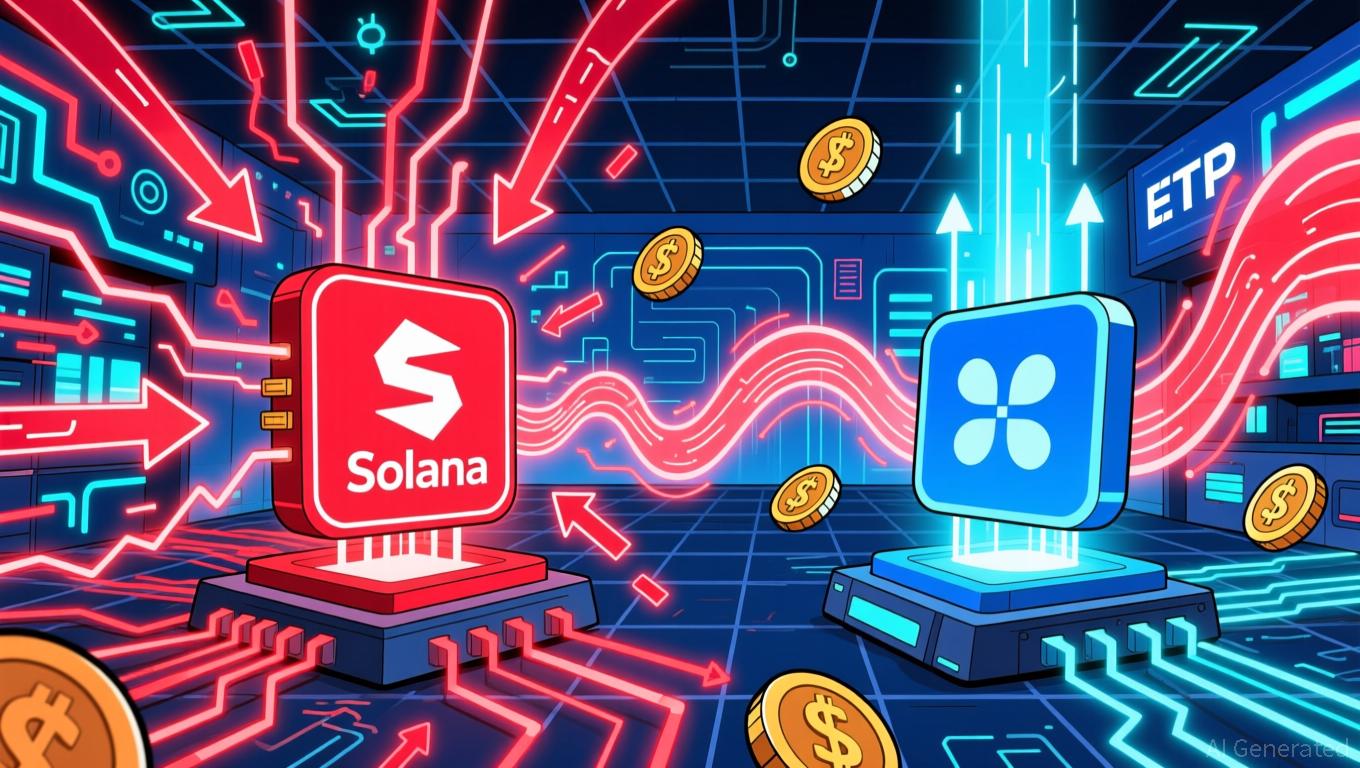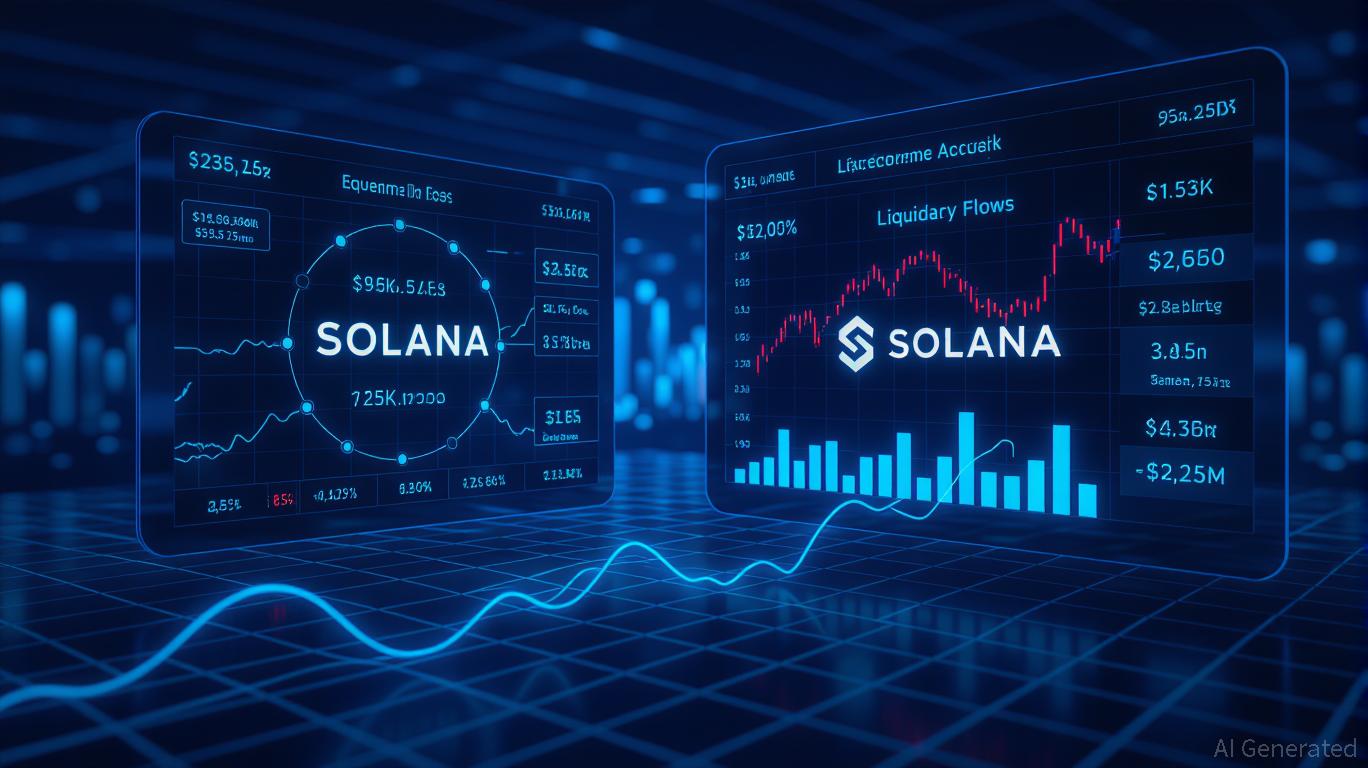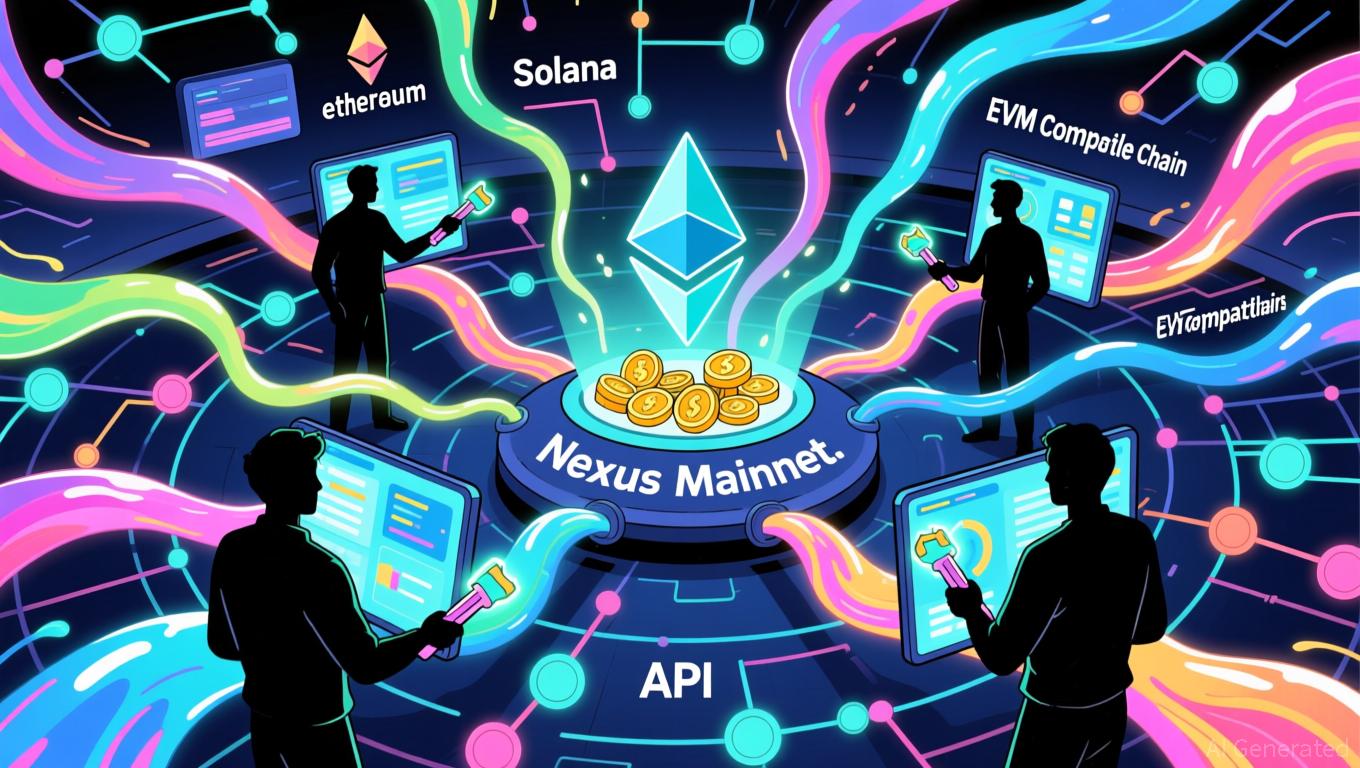FCC's Subtle Warnings Regarding Kimmel Suspension Spark Discussion on Freedom of Expression
- Sinclair Broadcast Group resumed airing Jimmy Kimmel Live! after a week-long blackout, following ABC's reinstatement of the show on September 23. - FCC Chairman Brendan Carr criticized Kimmel's remarks and hinted at regulatory action, sparking debates over "jawboning" and First Amendment protections against government censorship. - Sinclair and Nexstar, seeking FCC merger approvals, preempted the show citing "inflammatory content," while proposing an ombudsman model to enhance media accountability. - The

On September 26, Sinclair Broadcast Group revealed it would bring Jimmy Kimmel Live! back to its 38 ABC affiliate channels, ending a week-long removal of the program that followed Kimmel’s suspension for comments about conservative activist Charlie Kirk’s alleged killer and the MAGA movement title1 [ 1 ]. This move came after ABC lifted its own four-day suspension of the show on September 23. Both Sinclair and
This preemption ignited a wider discussion about media responsibility and regulatory intervention. Sinclair suggested to ABC that a "network-wide independent ombudsman" be appointed to improve transparency and allow for more community input, following a model similar to CBS’s recent hiring of a conservative policy expert as ombudsman title3 [ 3 ]. Although ABC and Disney declined these recommendations, Sinclair acknowledged the network’s autonomy under affiliate contracts. The company also pointed to responses from viewers and advertisers, as well as concerns about "serious violent incidents," including a shooting at an ABC station in Sacramento, as reasons for reconsidering its stance title4 [ 4 ].
Federal Communications Commission (FCC) Chairman Brendan Carr was a key figure in the dispute. Carr labeled Kimmel’s remarks as "news distortion" and suggested that broadcasters could face regulatory consequences if they failed to meet public interest standards. His comments on conservative podcasts, including an indirect warning to "do this the easy way or the hard way," were widely seen as an attempt to use the FCC’s power to influence ABC and its affiliates title5 [ 5 ]. Media lawyers and watchdog groups expressed concern that Carr’s actions might amount to unconstitutional "jawboning," or using regulatory threats to sway editorial choices. The First Amendment forbids government censorship, and the FCC’s legal authority specifically prohibits it from restricting speech title6 [ 6 ].
Nexstar, which also removed Kimmel’s show, has not yet provided a date for when it will return. Both Nexstar and Sinclair are currently seeking FCC approval for significant mergers that would increase their market presence. Nexstar’s planned $6.2 billion purchase of Tegna would extend its reach to 80% of American households, raising alarms about media concentration and a potential decline in viewpoint diversity title7 [ 7 ]. Sinclair is also pursuing acquisitions, arguing that easing ownership restrictions is necessary for larger deals.
The situation surrounding Kimmel’s show underscores the ongoing conflict between broadcasters’ editorial freedom and regulatory oversight. Sinclair and
Disclaimer: The content of this article solely reflects the author's opinion and does not represent the platform in any capacity. This article is not intended to serve as a reference for making investment decisions.
You may also like
Ethereum News Update: Amundi’s Integrated Approach Connects Blockchain with Conventional Financial Regulations
- Amundi, Europe's largest asset manager, launched its first Ethereum-based tokenized money-market fund, enabling 24/7 settlements and transparent record-keeping via blockchain. - The hybrid model, developed with CACEIS, combines traditional fund operations with blockchain-based ownership, preserving regulatory compliance while expanding investor access. - Ethereum's dominance in stablecoin and RWA transfers ($105.94B in 30 days) underscores its role in accelerating tokenization, with Amundi positioning it

XRP News Today: XRP ETFs Drive Price Increases, While Solana ETFs Ease Selling Pressure
- XRP ETFs raised $587M in inflows since late November, outpacing Solana's $568M as investors favor altcoins with regulatory clarity and utility. - Bitwise XRP ETF's $107M debut and zero-fee strategy drove momentum, while Solana ETFs faced $156M weekly outflows due to network reliability concerns. - XRP's inflows acted as a "battering ram" pushing prices above $2.27, contrasting Solana's ETFs which merely dampened sell pressure without reversing its decline. - Analysts predict XRP could reach $3 by Decembe

The Federal Reserve's Change in Policy and Its Impact on Alternative Cryptocurrencies Such as Solana
- Fed's 2025 policy shifts, including rate cuts and stablecoin regulations, are reshaping altcoin markets by altering liquidity and risk appetite. - Solana's Alpenglow upgrade (150ms finality, 1M TPS) addresses scalability issues, aligning with Fed's AI-driven infrastructure focus despite network reliability concerns. - Institutional inflows into Solana ETFs ($100M AUM) contrast with retail caution (78% HODLers in red), highlighting divergent risk perceptions amid 30% price corrections. - Divergent ETF flo

Avail's Intent-Driven Nexus Addresses the Issue of Fragmented Liquidity Across Chains
- Avail launches Nexus Mainnet, a cross-chain solution unifying liquidity across Ethereum , Solana , and EVM networks. - The intent-solver model enables seamless asset transfers without technical complexities, streamlining user experiences. - Developers gain modular tools for multichain integration, reducing costs as cross-chain liquidity demand grows. - Nexus abstracts execution layers, offering unified balances and execution while addressing fragmentation challenges. - With $50B+ in cross-chain activity
